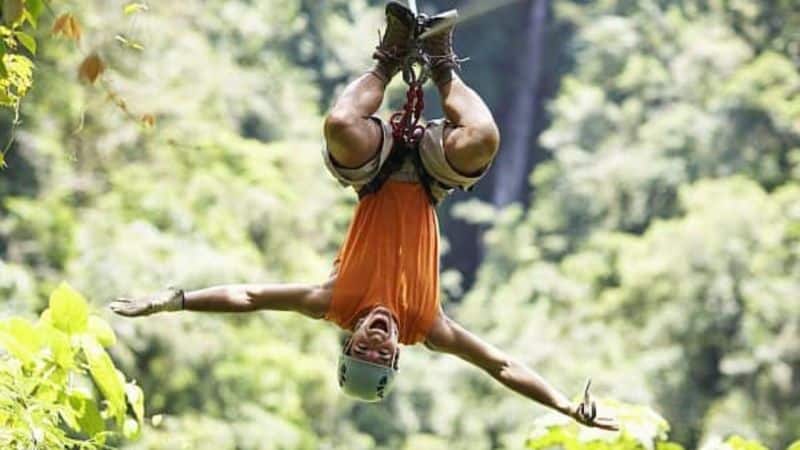With the onset of 360 degree viewing experience with VR technology and VR headsets, a plausible tourism industry can be foreseen in the future. Our lives have become so busy that these days we keep avoiding that much-needed vacation because we can’t afford to take break from work. A vacation generally requires considerable travel time to the desired holiday location. It needs hotel and lodging reservations at the new place and one quite often needs assistance with local language. Virtual reality technology allows those who cannot travel– either because of physical or financial reasons—to travel and explore the destination or activity or facility.
How does it work?
Gear required
Today we have VR headsets by Samsung—Samsung Gear (USD 99) and Google Cardboard by Google (USD 20) amongst the common choices, where you install your smartphones and experience the content you are looking for.
Producing content
The content required for watching these 360 degree videos can be made using your smart phones with the help of apps or special 360 degree capturing cameras can be employed too—they cost a few hundred dollars though.
Sharing content
Once you have made the content just load it on Google Street View, Youtube or Facebook and share the experience with your viewers.
How is it different from regular video tours?
Regular video tours are not three-dimensional, they give us only two-dimensional perspective. With virtual reality, you can move your head up, down or sideways and see the extended image of the content. Basically, you decide the angles you want to view, not the videographer!
Benefits of virtual reality tourism
. Cost effective as there is literally no travel involved
. Lesser time requirement for getting to the experience
. No need of lodging and staying arrangements
. Safe way to explore a new place by not being bothered by locals who take advantage of the tourists
. No need of learning new language for experiencing new location
. Risk free experience for adventure sporting
. Able to access locations that are not humanly possible (you may visit another planet or deep-sea ship wreckage)
. People who are bedridden, ill or have medical conditions that restricts them from travelling can experience new places via virtual reality
. Virtual reality can be used for studying or as reference to the destination or activity before you actually set for the real experience
How is it different from the conventional tourism?
. Conventional tourism is about experiencing a new place by seeing the new places, interacting with natives, eating and drinking local cuisines, engaging in traditional and fun activities and collecting souvenirs.
. You experience the traditional tourism using all your five senses, whereas you cannot touch, feel or taste in virtual reality tourism.
Will VR tourism out do traditional tourism?
As the onset of television never killed cinema and live theatre, virtual reality based tourism cannot harm traditional tourism. Virtual reality technology can be useful to enhance the scope of conventional tourism by providing better idea to clients. You can present a better brochure to the customers seeking special destinations or activities through VR videos. A potential traveler will find VR videos useful to collect information about the travel he is about to take on.
This edutainment platform will thrive along with traditional tourism and will prove to be a game changer for the future of tourism industry as there will be a whole new level of marketing that will be available. Virtual reality will become the secret sauce that will make tourism more appealing and tastier for travelers soon!
Future of VR technology
Image Source : ste.india.com
. Mark Zuckerberg, CEO of Facebook has invested a whooping Three Billion dollars to develop VR technology.
. Venture capitalists and investors have invested 2.3 Billion dollars in start-ups dealing with virtual reality according to data from Digi-Capital; a 300% rise from last year’s investments.
. Thomas Cook’s VR Manhattan experience– one of the first such VR videos—has increased its revenue by 190%.




